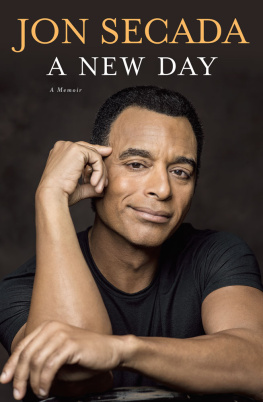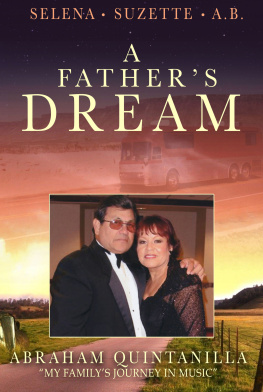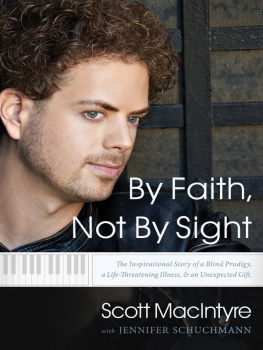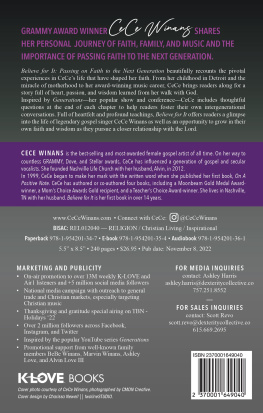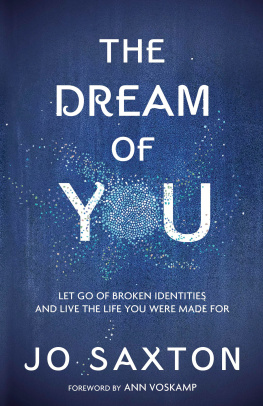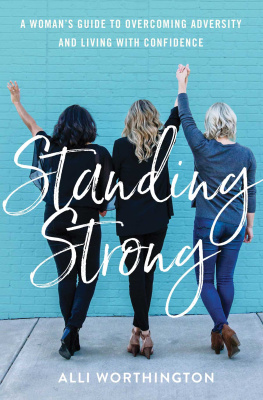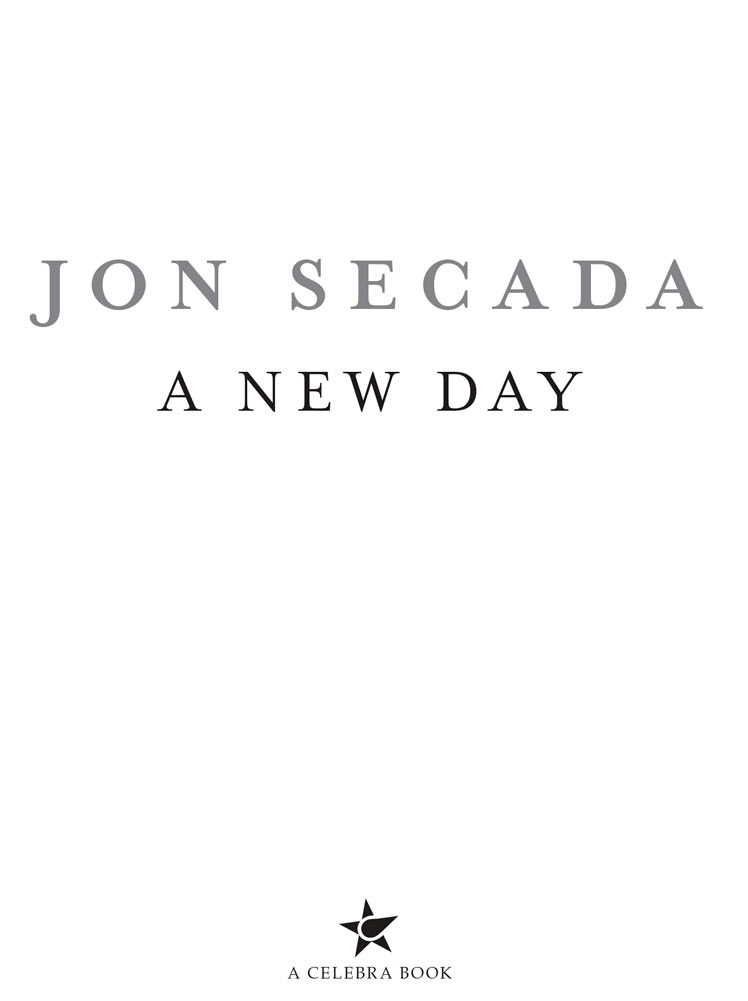CHAPTER ONE
Face Your Bullies
M y heart pounded and my mouth went dry as my footsteps echoed on the cobblestones of the narrow street threading through my neighborhood in Old Havana, Cuba. I was about to walk into a lions den. My tormentors would be lying in wait for me the way they did every day after school, ready to pounce. Theyd call me names, chase me around, and threaten to beat me up.
I was just eight years old, short and shy and chubby. More than anything, I wanted to run away and hide. That had always been my go-to survival tactic.
But now my father, newly out of prison, was forcing me to confront my enemies. Im not going to let you run away from this, hed scolded as we left the apartment. Youre not going to be bullied. Youre going to confront those kids, whatever happens. I am not going to let you live in fear.
Easy for him to say! My father, Jose Miguel Secada, was a charming street guy, a hardworking, handsome hustler, in the best sense of the word. He seemed to fear nothing.
Dad had only an eighth-grade education, but he was keen on envisioning opportunities and taking advantage of them. He had grown up in a big family in Santa Clara, a village in the middle of Cuba, and he was a wonderful singer, like everyone else in his musical family. One of his sisters, Moraima Secada, even became an extremely popular international entertainer. Known worldwide as La Mora, she was a member of the first female orchestra of America Anacaona.
My father could have become a professional singer as well. He had the voice and charisma for it. Instead, his passion was entrepreneurship. He was especially proud of his own father, who owned a pastry business. My dad worked alongside his father and had named me Juan after his dad.
Then my grandfather died, the pastry business went down the drain, and my dad was forced to leave Santa Clara to find work. He came to Havana with his mother, who died in his arms overnight of a sudden illness, leaving my father an orphan in the city.
Dad eventually worked his way up to owning an oyster bar, a small stand on a street corner in Havana, and saw opportunities to expand it. However, he was frustrated by the restrictions that Fidel Castro began putting on independent businesses when he assumed power in 1959. Chafing at having his ambitions reined in, my father saw his dreams going up in smoke as he watched Castros regime strip away opportunities for entrepreneurs in the name of Communism.
Eventually, my father decided to leave Cuba. He would emigrate, and when he was financially able to, he planned to send for my mother and me. But his attempted escape by fishing boat to pursue his dreams was aborted when the authorities caught him offshore.
Emigrating from Cuba without permission from the government was considered an illegal act at that time. Families who wanted to leave Cuba had to apply for papers, and even then the government expected the head of the family to give back to the Communist Party first. As a result, my father was imprisoned and then forced into a work camp until the paperwork was passed for us to leave the country. He was in jail practically from the time I was a toddler until I was seven years old, leaving my mother and me to fend for ourselves.
My mother, Victoria, had an outgoing, loving personality and was also strong-willed. Like my father, she had come to Havana from Oriente Province, at the easternmost tip of Cuba, to make a better life for herself. She was a beautiful woman, Afro-Spanish as a result of her Cuban grandmother falling in love with a barber in the Spanish armada. Her father was also a businessman, but he died early on in a swimming accident. After her mother died young of cancer, my mother lived with her grandmother until she was fifteen. At that point her grandmother died, too, and she, like my father, became an orphan forced to make her own way in the world.
And so my parentsboth strong-willed, good-looking, fiercely independent orphansmet, fell in love, and had me. My father had another familyan ex-wife, and a son and a daughter in their early teensbut I was my mothers only child, and therefore her driving purpose in life was to make my life the best it could possibly be. Meanwhile, my father saw his job as providing for us, no matter what it took.

